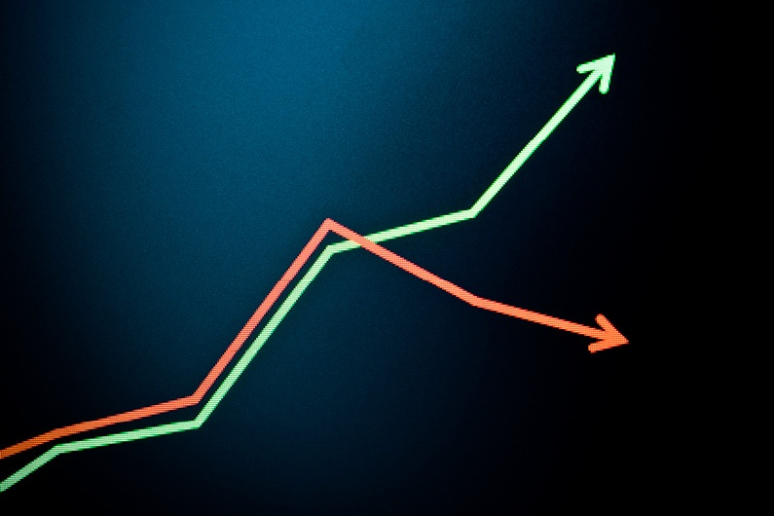If you’ve made the difficult decision to file for bankruptcy, the next step is determining what type of debt you have. Business and personal debts are handled differently in bankruptcy court. Consumer (personal) debt includes mortgages, personal credit cards, child support obligations, and car loans, whereas non-consumer (business) debt includes business loans, business taxes, and money owed on a corporate lease. It's always in your best interest to contact a qualified attorney if you're facing mounting debts you cannot address alone.
How should you file?
In order to determine which type of bankruptcy to file, however, you must look at the purpose of the debt, not its source. For example, a home equity loan may, at first glance, appear to be a consumer debt. However, if you used the home equity loan funds to start a business, the debt was incurred for business purposes. As such, your home equity loan would be considered a non-consumer, or business, debt.
The same concept above would be applied to credit cards used for both business and personal expenses. If you charge a haircut and new shoes to the credit card you typically use for business expenses, you will have both consumer and non-consumer debt on the same account.
But determining whether debt is business or personal isn’t always so straightforward. For example, in many situations, even student loans and medical bills are considered non-consumer debt.
According to Dean A. Langdon of DelCotto Law Group in Lexington, Kentucky, the bankruptcy laws define a “consumer debt” as one you incur for personal, family or household purposes. But the law doesn’t define a “business debt,” so bankruptcy courts have established guidelines.
“One of those guidelines pertains to whether the debt was incurred with a profit motive. So, while a home mortgage is usually a consumer debt, if you obtained a second mortgage and used the funds to support a business, it could be a business debt,” Langdon says. “Most courts find that taxes are not consumer debts. A lawyer who is familiar with the bankruptcy court rulings where you live can help decide if your debts are mostly consumer debts or business debts.”
Why does it matter?
Determining whether you have primarily consumer or non-consumer debt is important because it impacts the type of bankruptcy you are able to file and whether or not you have to take the dreaded means test. The means test is used to calculate your eligibility for filing Chapter 7. If more than half of your debts are considered non-consumer, you do not need to take or pass the means test.
The means test is used to determine if you have enough disposable monthly income to pay part of your debts. If you do, chances are you will not be able to file Chapter 7. The higher your disposable income, the less likely you are to qualify for Chapter 7, which is reserved for debtors who cannot pay their debts.
If your income is less than the median income for your state, you are done. If, however, it is more than the median, you must continue on with the test to determine if the disposable income remaining after you pay your bills is enough to pay toward some of your debt. Median levels are different from state to state, and are based on family size.
You will need to enter your income and expense details onto the 122A or 122C form, and then do your calculations based on this information. Some of this information you will have on hand, but you will need to obtain other information from the IRS and Census Bureau. The means test can become quite complicated. And if you fail it, you are not eligible to discharge your debts through a Chapter 7 bankruptcy.
Hire a bankruptcy attorney
Determining whether debts are business or consumer in nature is not always an easy task. In fact, this question is frequently the subject of complicated disputes in bankruptcy cases. When you are unsure of which type of bankruptcy to file or what kind of debt you have, an experienced bankruptcy attorney can analyze your case to determine the best options for your unique needs.
 By Amy Carst,
By Amy Carst, 

